
Work is changing - not slowly, but fundamentally. It’s no longer about climbing one predictable ladder or waiting years for recognition. Today’s workforce, led by Gen Z, is rewriting the rules: demanding purpose, flexibility, transparency, and growth.
This isn’t a challenge to be managed. It’s a signal to leaders everywhere: the future of work is already here.
On 6th September 2025, CompUp (YC S22), in collaboration with Hissa by RuleZero and HR SUCCESS TALK®, brought together a select group of CHROs, CFOs, HR heads, and Total Rewards experts at ITC Gardenia, Bengaluru for The Gourmet Roundtable.
Over an afternoon of curated dining and unfiltered dialogue, the group tackled one defining question:
? How do we design rewards for a workforce that refuses to play by old rules?
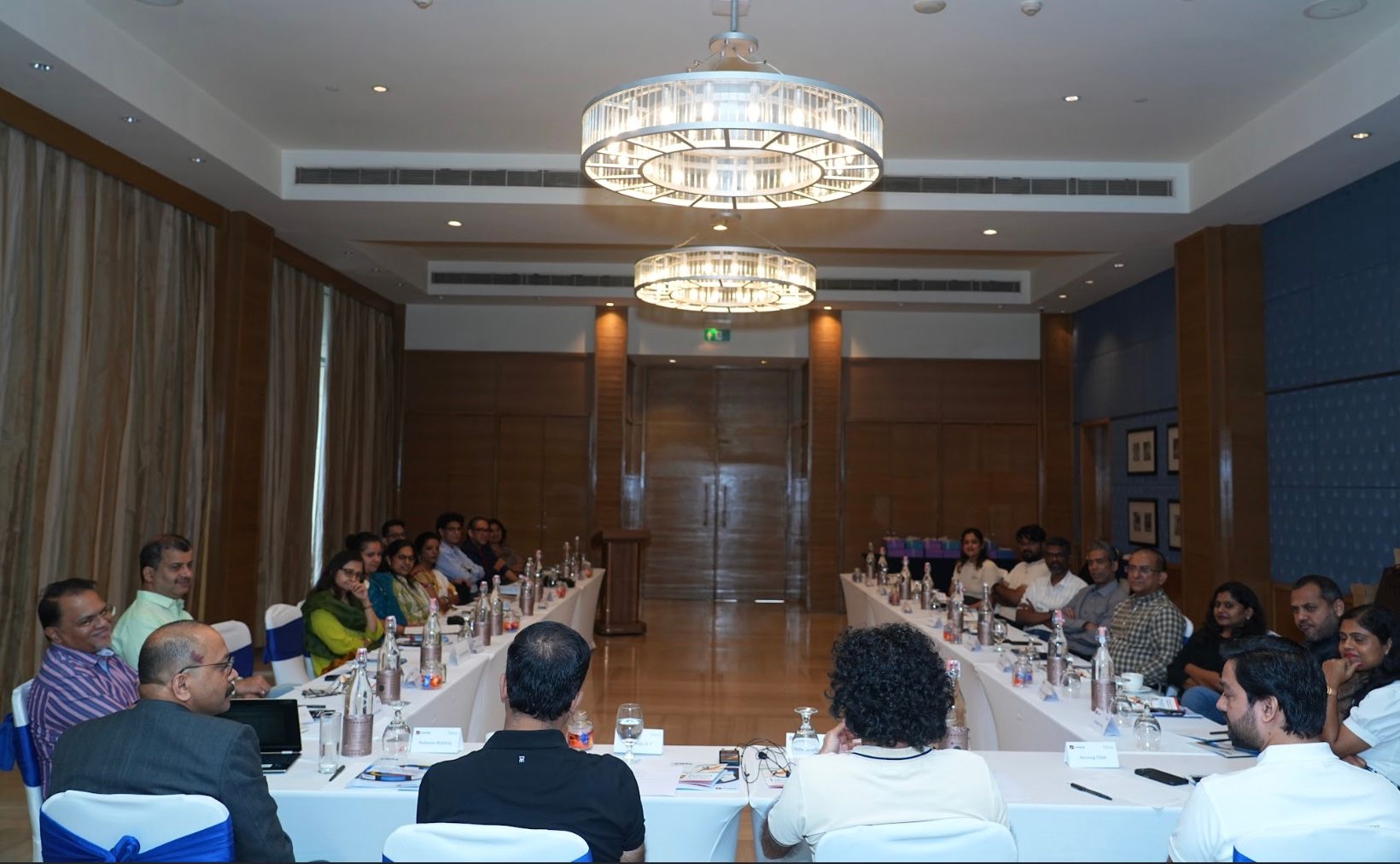
The session began with a quickfire exercise: “If you had to describe Gen Z’s approach to work in one word, what would it be?”
The answers were revealing:
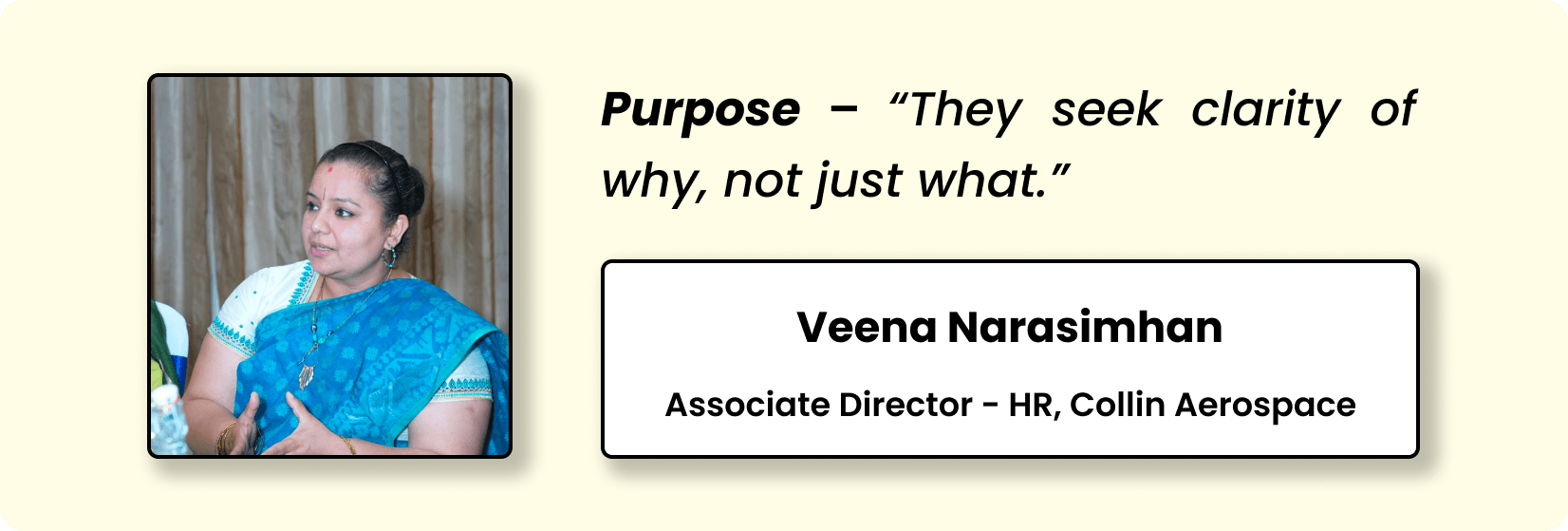
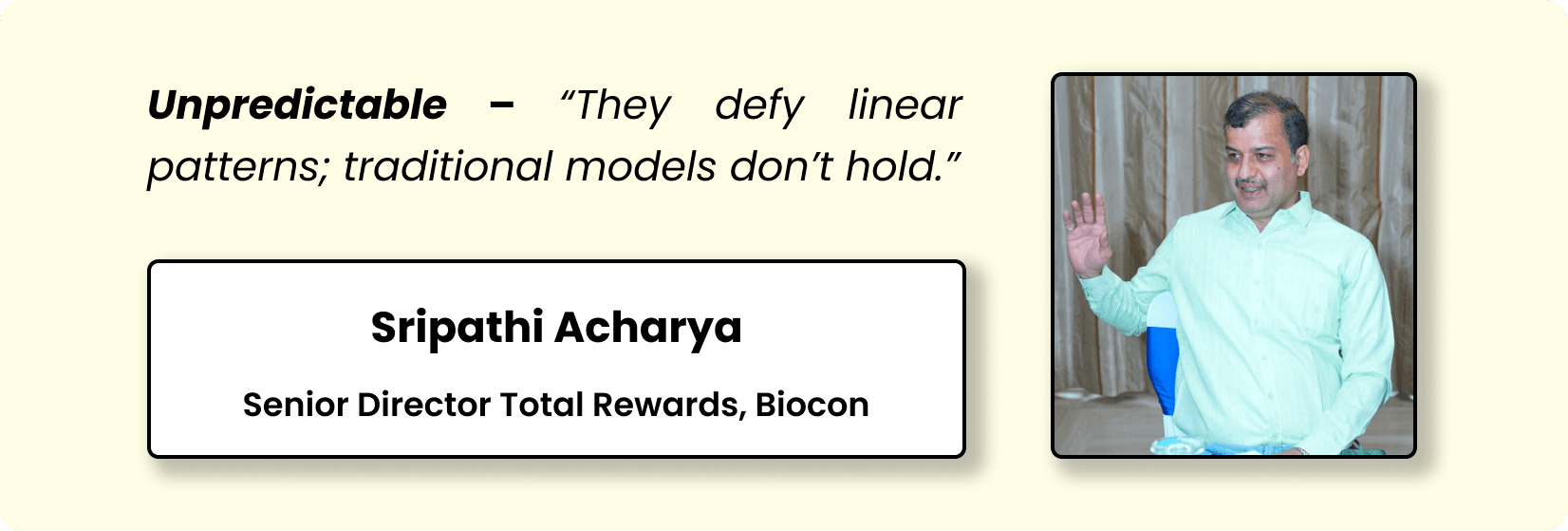
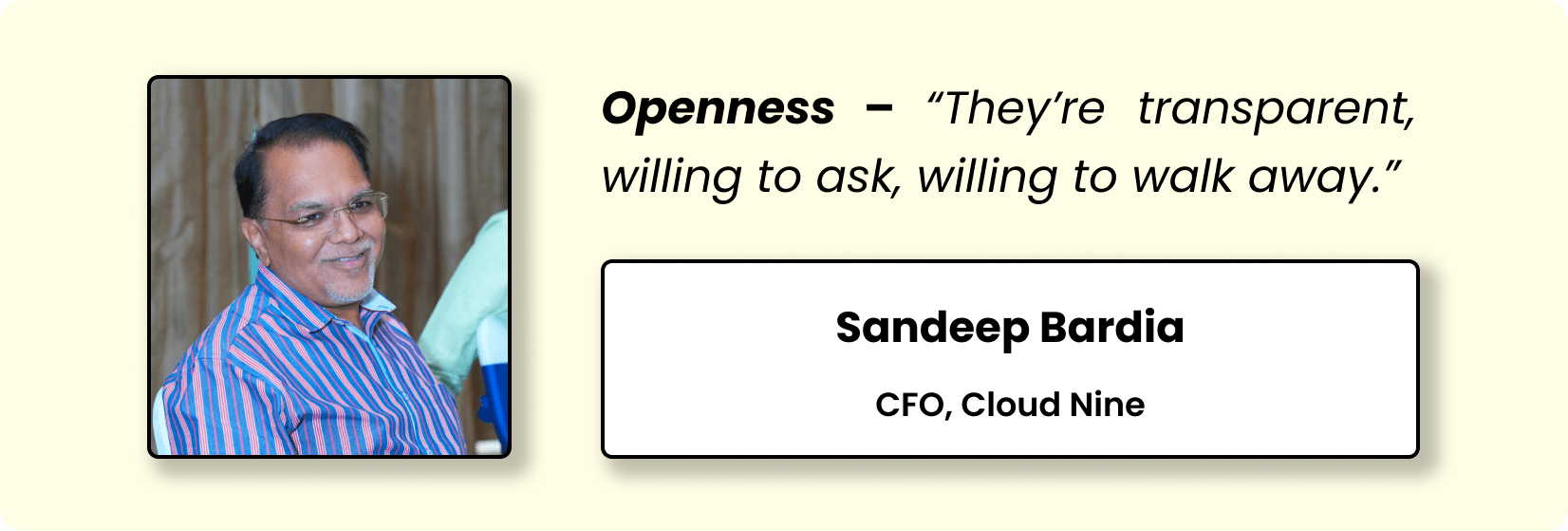
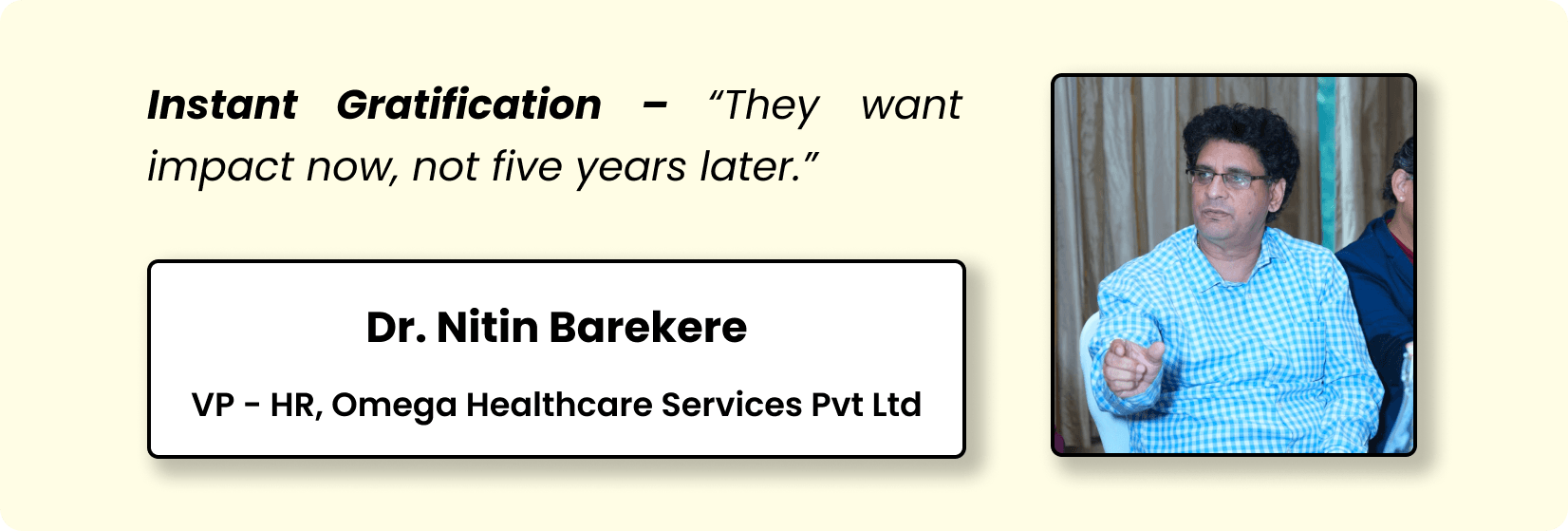
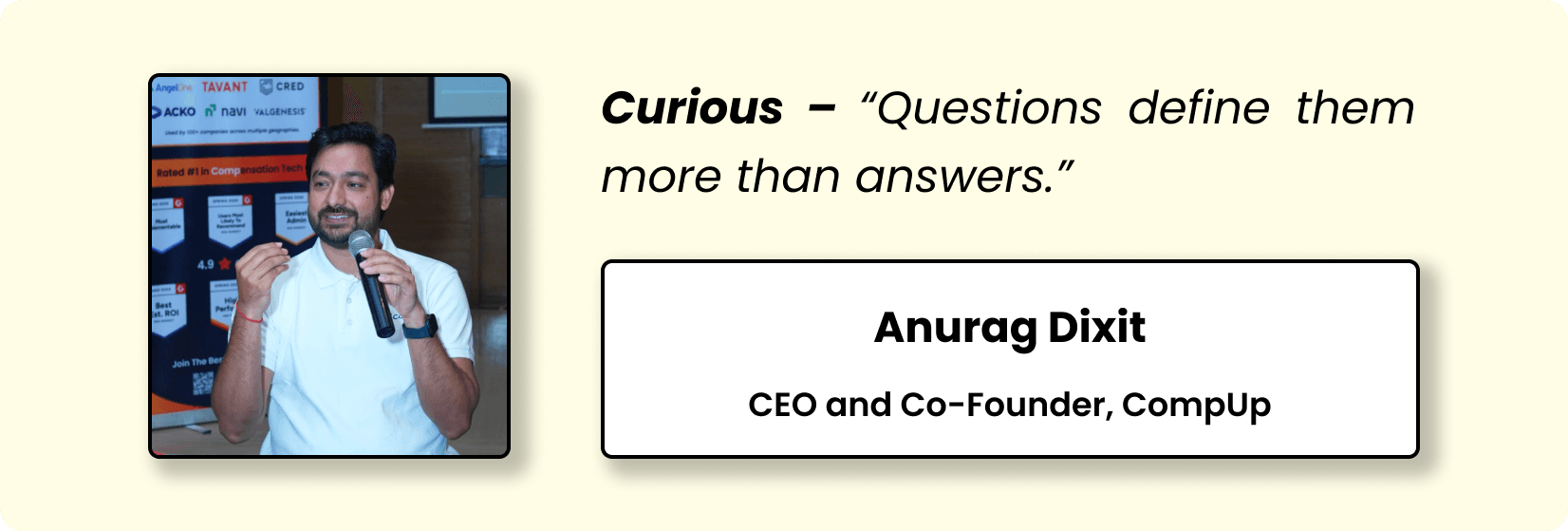
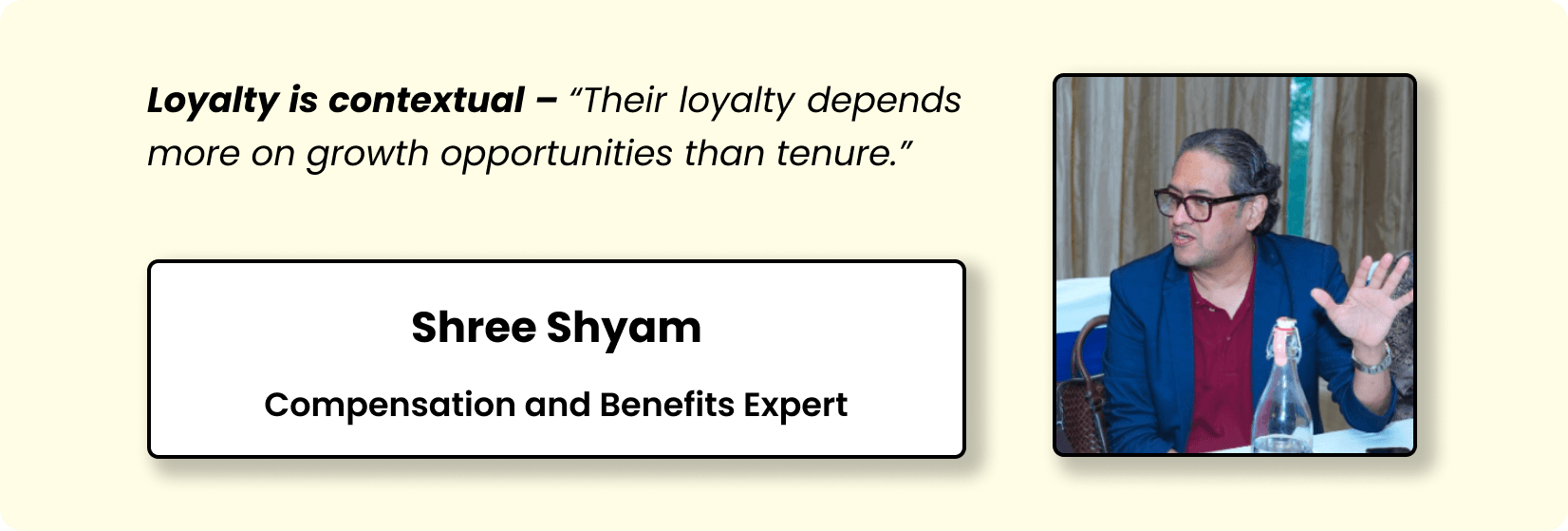
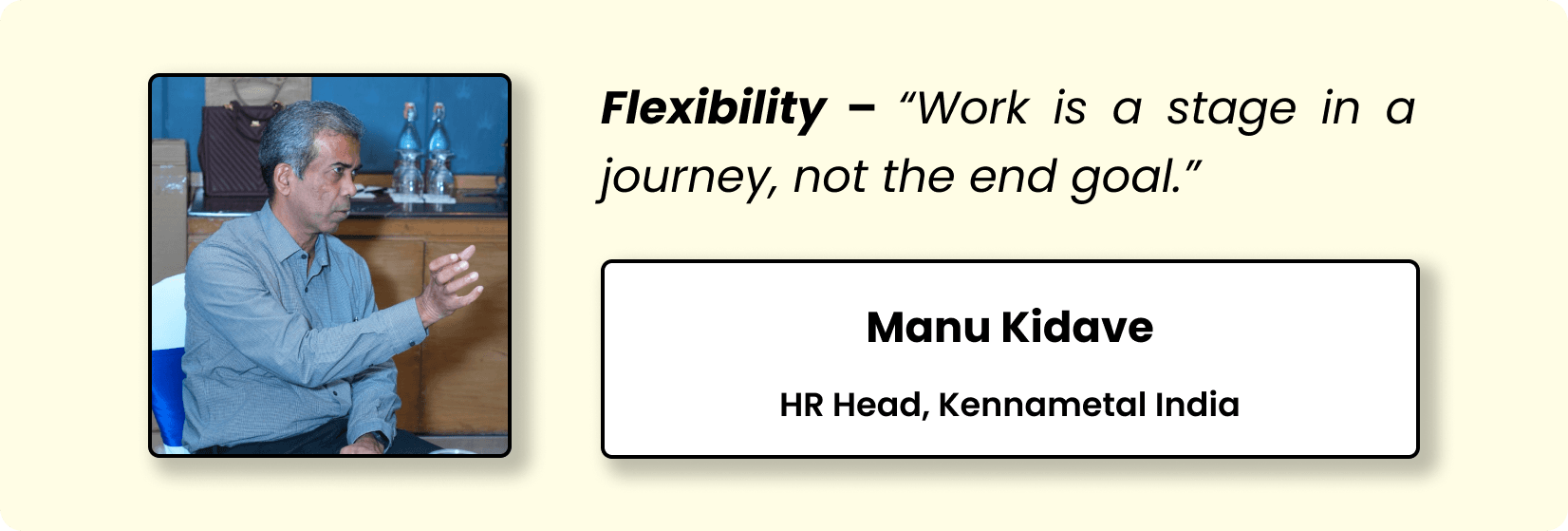
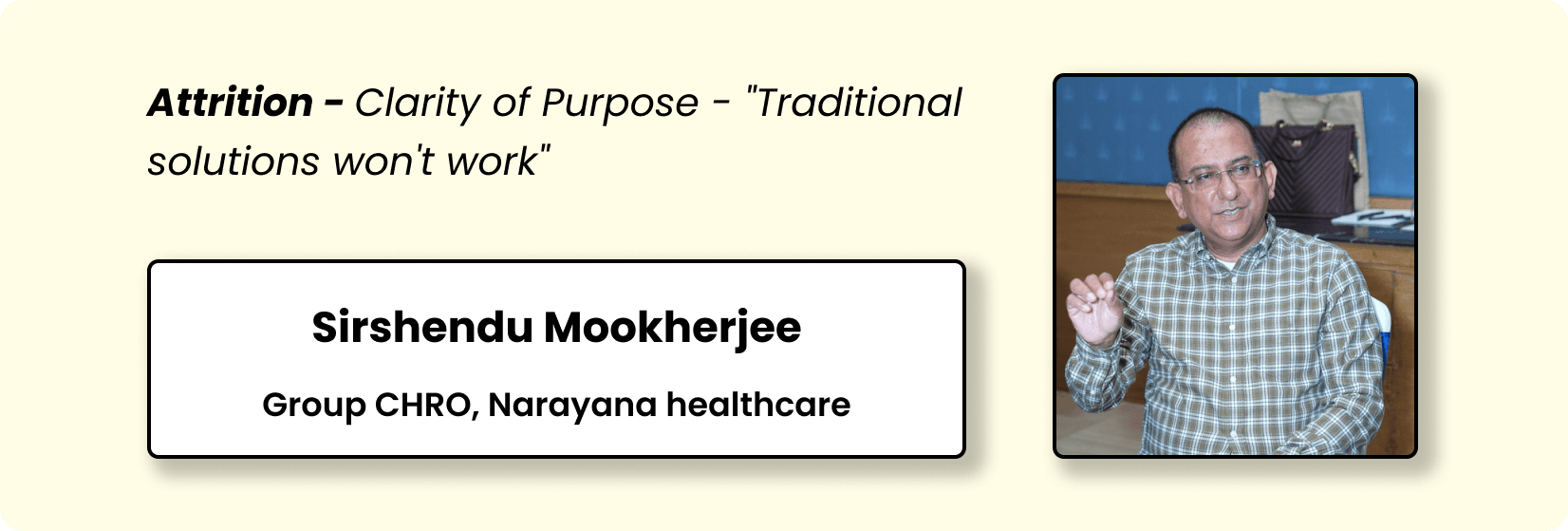
Together, these reflections highlighted a fundamental shift in work philosophy: Gen Z is not a riddle to solve but a mirror to re-examine our own systems.
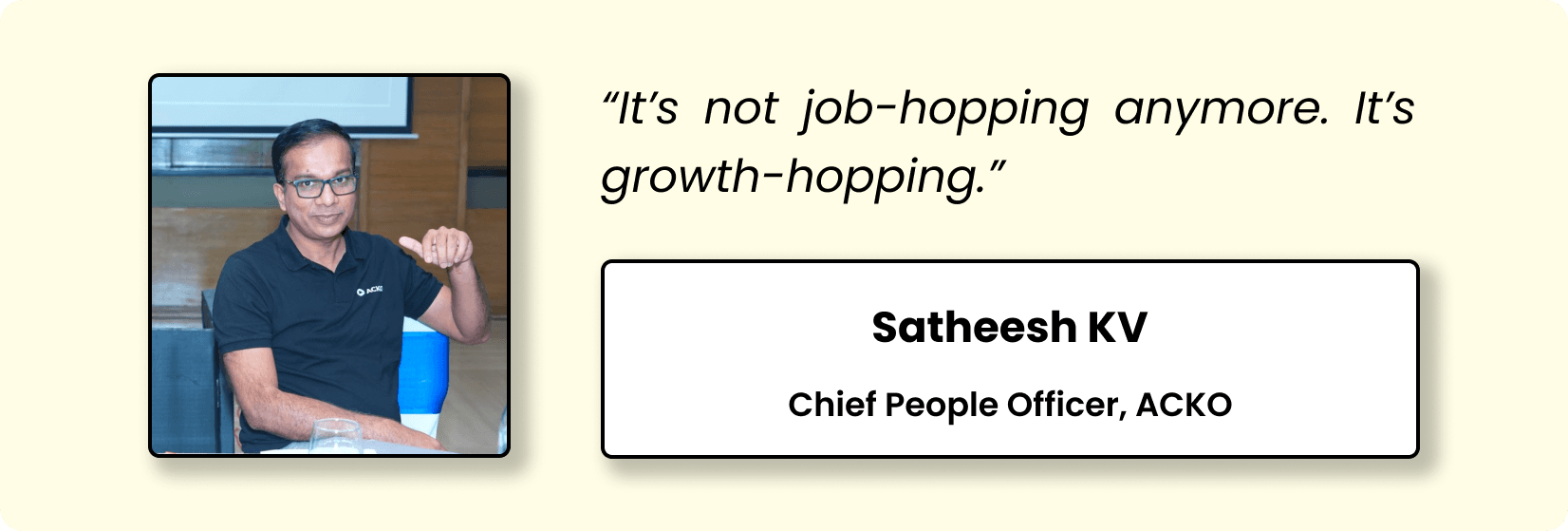
For decades, job-hopping was seen as instability. Today, it signals ambition. Gen Z’s loyalty isn’t measured in years served; it’s measured in skills learned, impact created, and experiences gained.
This requires a redesign of how organisations think about rewards. Tenure-based incentives are losing relevance. Instead, companies must recognise and reward growth itself — even if it comes through shorter tenures.
Transparency is the other side of this coin.
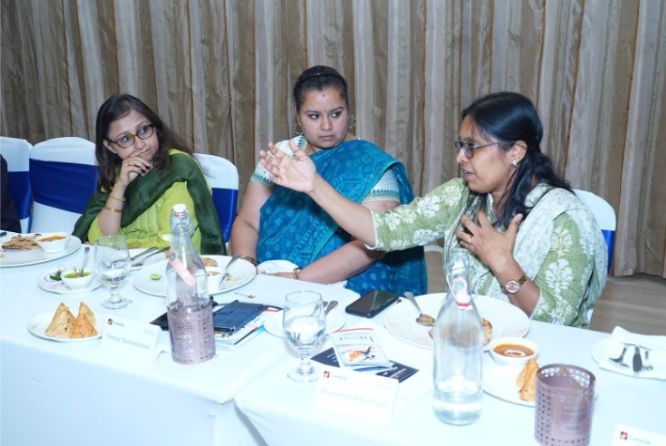
“Pay transparency isn’t negotiable. They don’t just want the number, they want the why behind it” said Soundarya Mahalingam – Vice President Corporate Planning at Indegene. Satheesh reinforced this with an example: when pay frameworks were explained openly, “the why mattered more than the number itself.”
The message was clear: mobility is not disloyalty, and pay without explanation is not trust.
If salary was once the dominant form of compensation, flexibility is fast becoming its peer. Gen Z places extraordinary value on the ability to make choices — about where to work, when to work, and how to structure their careers.
“It’s about choices, not just hours or location,” Satheesh reminded the group. Participants shared real-world examples: employees moving back to Tier-2 or Tier-3 cities, willingly trading some salary for the freedom to live life on their own terms.
Benefits, too, are being redesigned. Where car leases once held appeal, younger employees now find more value in device leases. These shifts show that flexibility is not abstract; it is deeply practical, reshaping everything from benefit menus to career design.
But flexibility also comes with responsibility.
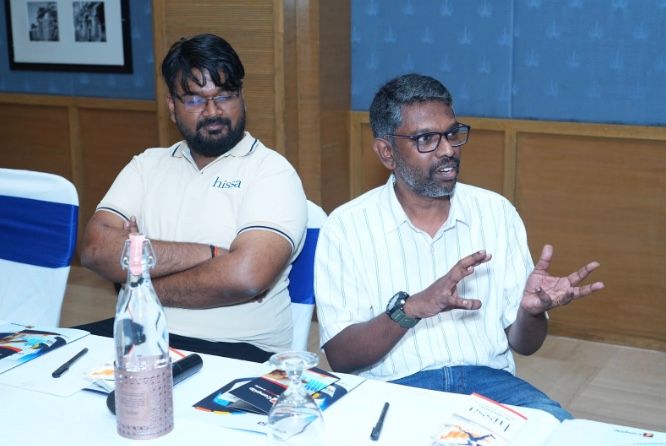
“The balance we must strike is flexibility with accountability,” said Anbu M, Country HR Manager at Essentra India. The group agreed that offering choice cannot mean lowering standards; instead, it must be anchored in trust and results. In short, flexibility has moved from being a perk to being a baseline expectation.
“Equity still matters, but the story around it must evolve.”
The roundtable was divided on whether ESOPs still resonate with Gen Z.
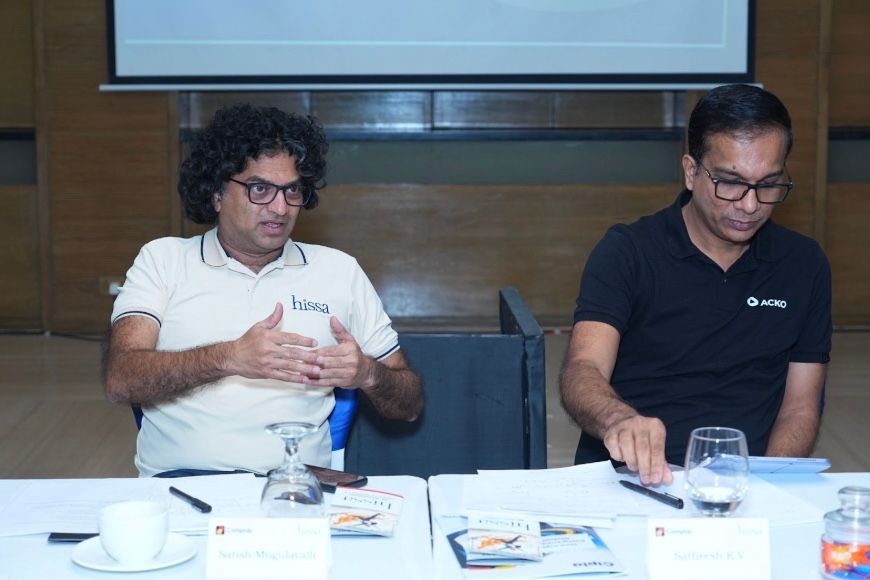
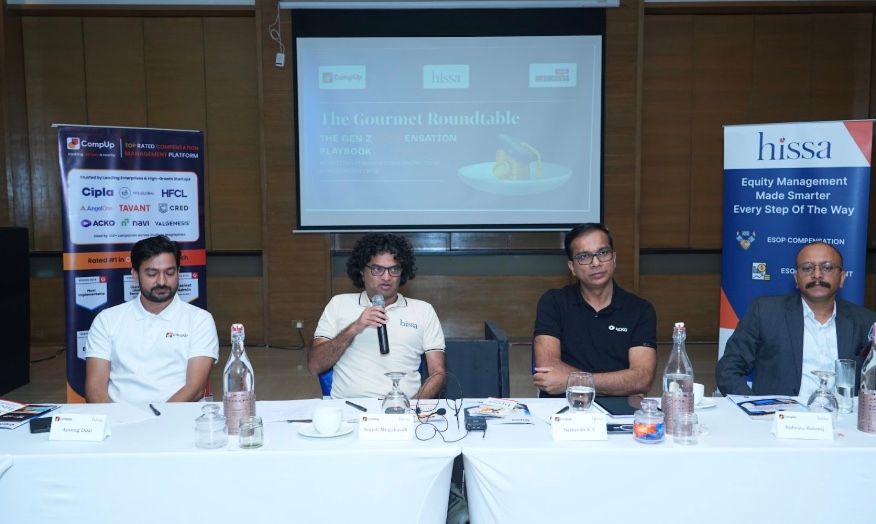
The consensus was not that ESOPs are outdated, but that they need to be made more relatable, timely, and transparent. Leaders highlighted three directions:
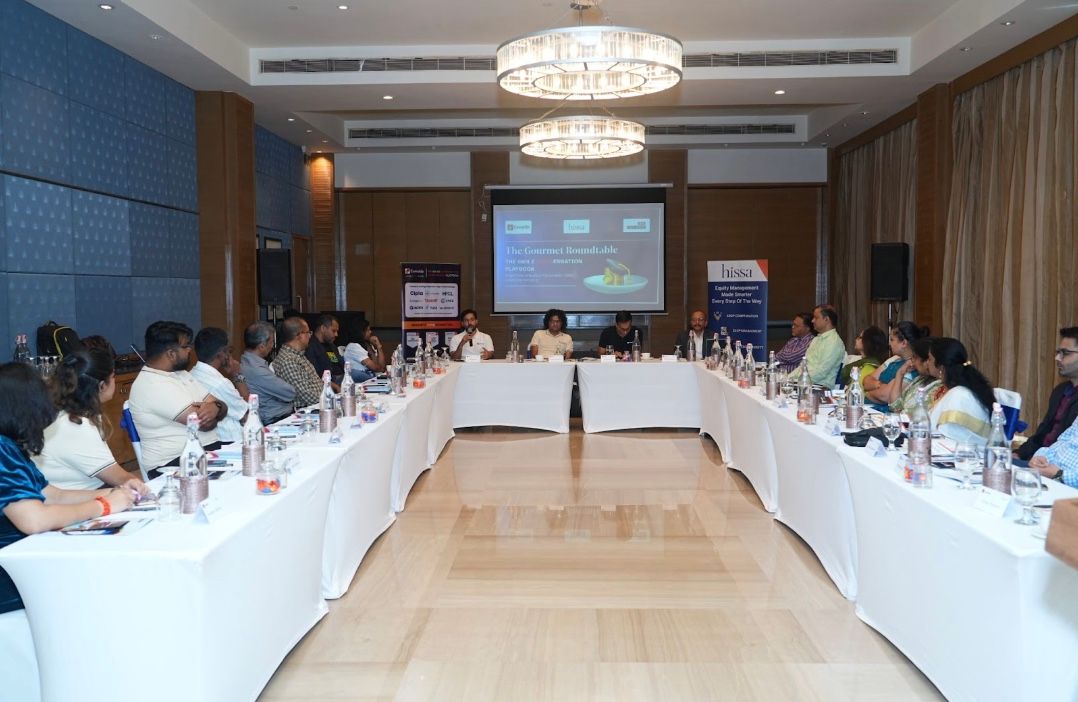
Leaders stressed the importance of keeping vesting timelines and conditions clear and easy to follow. The goal is not to reduce rigour but to ensure employees feel confident about how their equity will accrue over time. A straightforward structure makes equity feel more tangible, less like a distant promise, and more like a visible reward.
Traditional vesting horizons of four to five years often don’t match the career planning cycles of today’s workforce, where employees look at 2–3 year horizons. Leaders suggested aligning vesting to shorter periods or designing hybrid models where part of the equity vests earlier and part continues longer-term. This balance allows companies to maintain retention benefits while giving employees a reason to stay engaged in the near term.
Leaders agreed that equity should not be seen as just another component in a compensation letter. Instead, it must be communicated as a shared journey of value creation. When employees understand the company’s vision, growth trajectory, and how their work directly contributes, the equity they hold feels alive and motivating. As one leader put it: “Equity is not just about ownership, it’s about belonging to the story of growth.”
Implication: Wealth creation remains central to the rewards mix. The opportunity lies in modernising ESOPs so they resonate with how Gen Z thinks about money, time, and trust.
The roundtable concluded with a forward-looking question: “If you had to rewrite your company’s rewards philosophy today, what would be your top three priorities?”
The answers converged on three pillars.
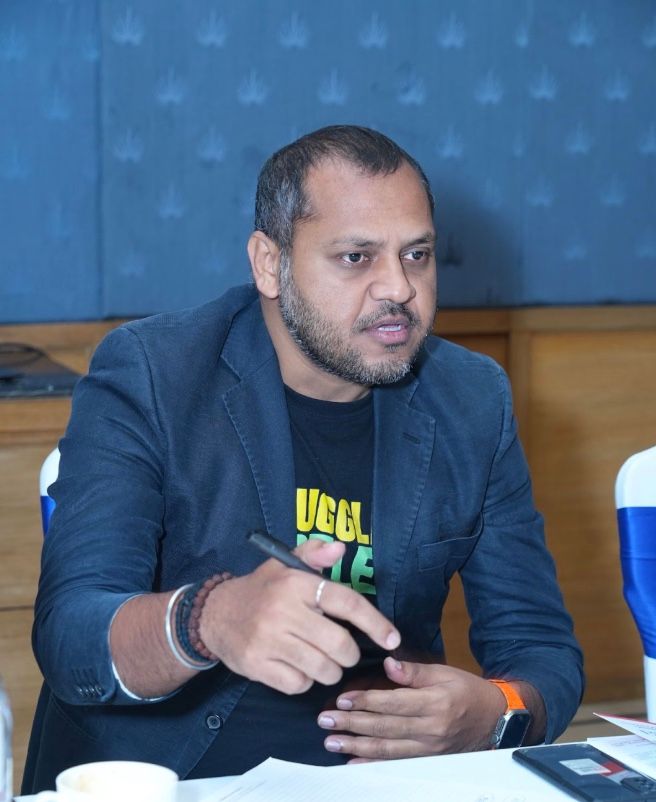
As Piyush Raghuvanshi, Head HR of Apna rightly pointed: One-size-fits-all policies are no longer effective. Employees at different life stages and with different aspirations need rewards that reflect their realities. Early-career employees may prioritise learning and experiences, while mid-career professionals may value stability and equity. Senior leaders may be motivated by long-term strategic incentives.
Personalisation doesn’t mean infinite choice; it means thoughtful design that recognises employees as individuals, not as averages.
As Satheesh emphasised: “Compassion is key.” Rewards are not just about what is given, but how it is communicated. Yashpal Singh Parihar, the CHRO of Sonovision, put it succinctly: “Trust is built through transparent communication, not secrecy.”
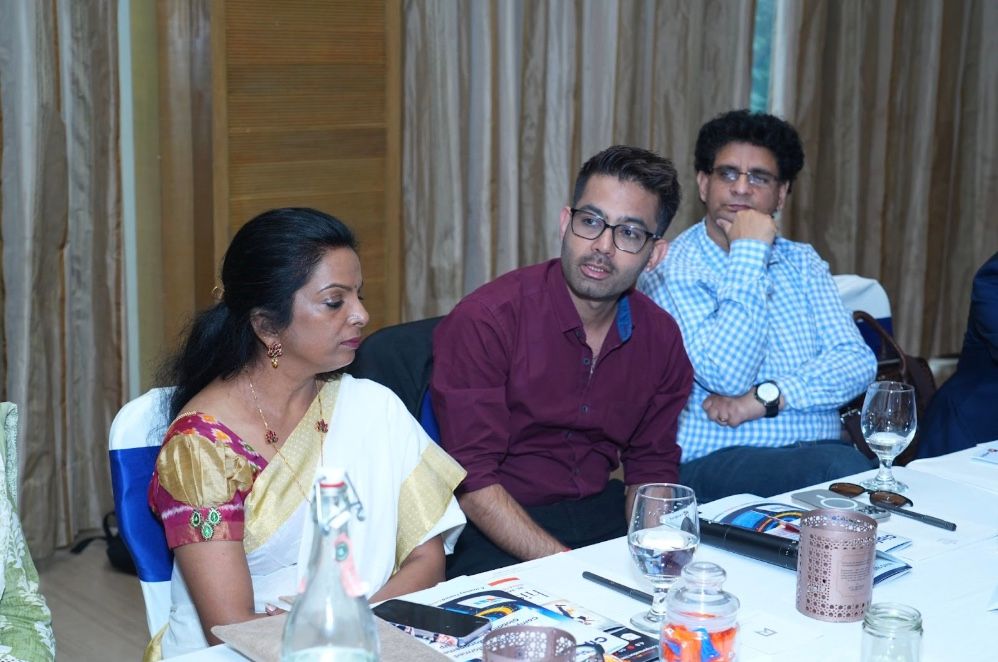
This means explaining the rationale behind pay decisions, acknowledging constraints with empathy, and fostering two-way dialogue. Numbers without narrative create mistrust; numbers with context create loyalty.
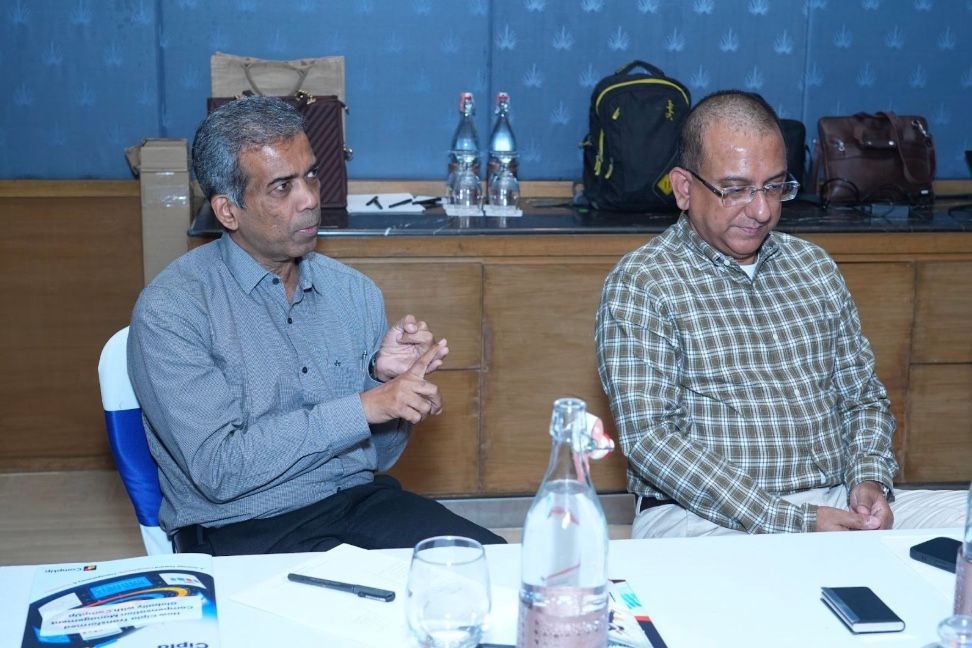
Finally, the group agreed that employees increasingly define rewards through freedom and progression. Flexibility is no longer an optional add-on, but an expectation. Growth is no longer just vertical promotion, but lateral exploration, upskilling, and career experimentation.
As discussions unfolded, gourmet courses were served, each introduced by the chef with its philosophy and story. It became a perfect metaphor: rewards, like food, are not just about substance. They are about how they are crafted, experienced, and remembered.
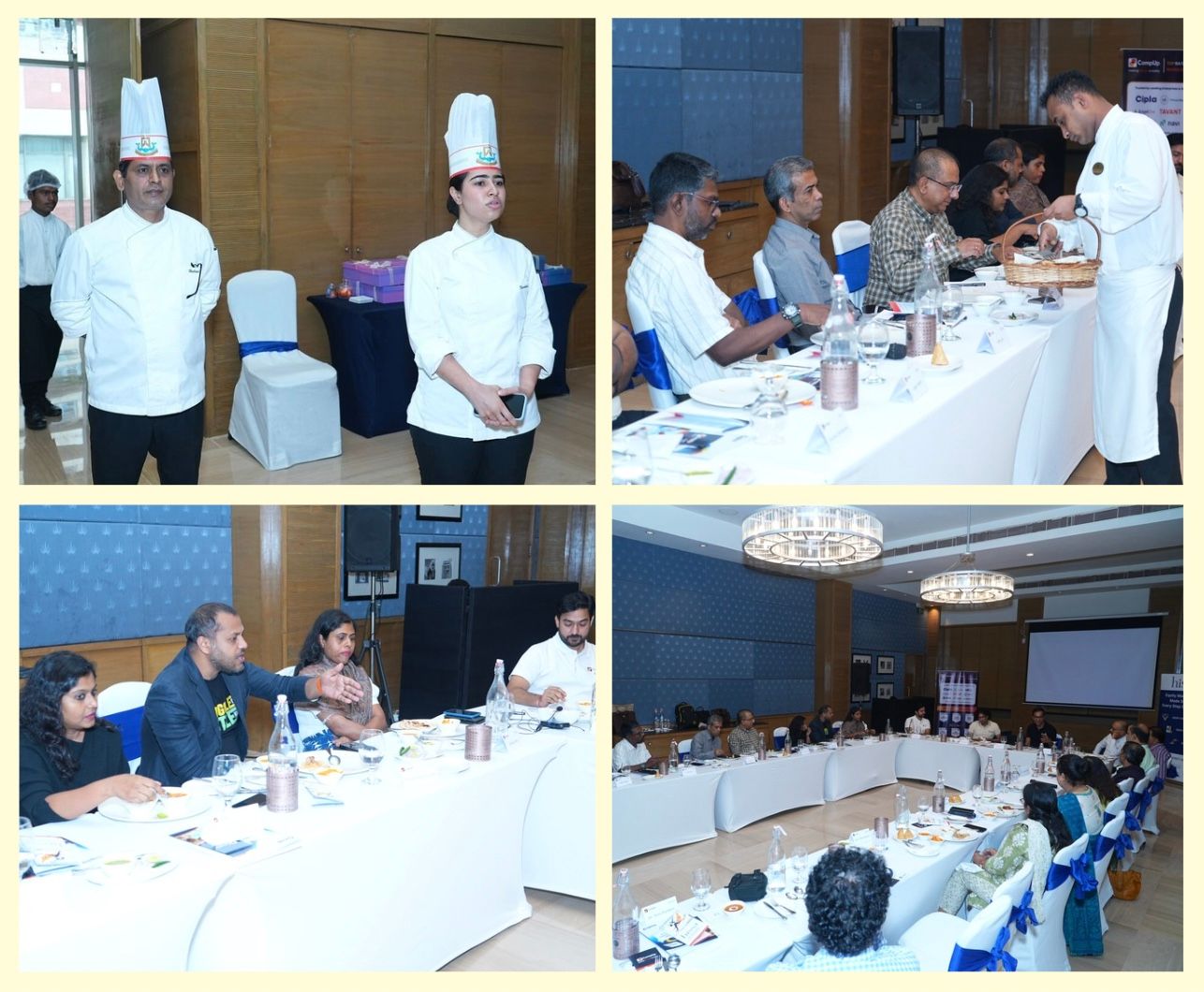
The Gourmet Roundtable made one thing clear: the workforce has changed, and rewards must change with it. Gen Z wants:
The future rewards playbook must evolve to reflect these truths.
At CompUp (YC S22), our mission is to build data-driven, human-centric compensation solutions for a fast-evolving workforce.
We partner with organisations to:
By hosting these Gourmet Roundtables, we don’t just observe the changes — we help drive them. Our commitment is to create spaces where leaders can learn from each other, challenge existing models, and co-create solutions that work for today’s workforce.
Because compensation is not just about numbers. It is about building trust, engagement, and growth — the very values that will define the next decade of work.
The Gourmet Roundtable is just the beginning. We will continue to convene leaders, share insights, and push the conversation forward — because the rewards playbook of the past cannot guide the future.
As we learned at ITC Gardenia, both food and rewards taste better when they’re personalised.
Stay tuned for the next edition of the CompUp Roundtable Series.
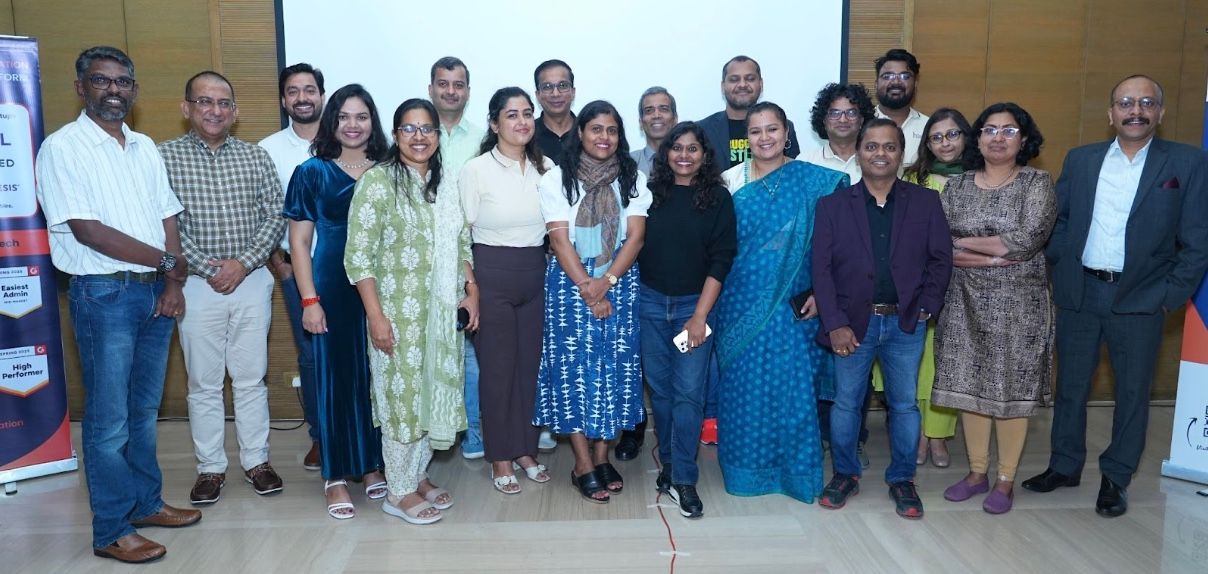
Community Manager (Marketing)
As a Community Manager, I’m passionate about fostering collaboration and knowledge sharing among professionals in compensation management and total rewards. I develop engaging content that simplifies complex topics, empowering others to excel and aim to drive collective growth through insight and connection.
Revolutionizing Pay Strategies: Don't Miss Our Latest Blogs on Compensation Benchmarking